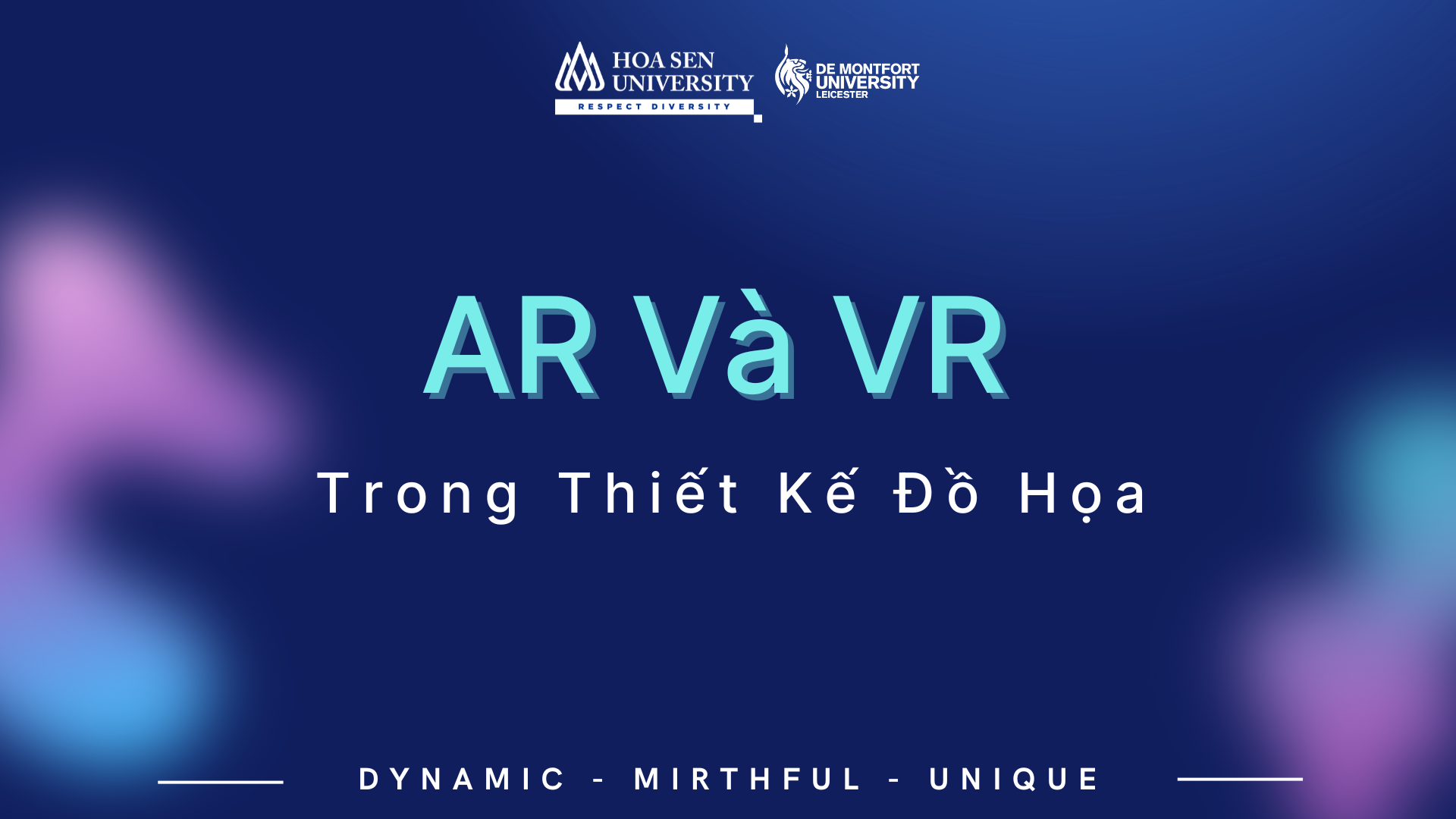The Difference Between A Bachelor’s Degree With Honors (BSc.Hons) And A General Bachelor’s Degree (BSc.)
Higher education is the key to career opportunities and personal development. When choosing an educational path, many students ask themselves: “Should I choose a bachelor’s degree with honors (BSc.Hons) or a general bachelor’s degree (BSc.)?” Both of these degrees offer distinct benefits, but the differences between them can significantly impact your career and academic path. This article will help you better understand these two types of bachelor’s degrees and the benefits they bring.
At universities, a Bachelor’s degree is not only proof that you have completed your studies, but is also the key to many career and further education opportunities.

1. What is a bachelor’s degree?
Bachelor’s degree programs usually last 3 to 4 years, depending on the field of study and the country. Students will study basic and specialized subjects, participate in research and internship activities. Common types of bachelor’s degrees include:
- BSc (Bachelor of Science): Specializes in natural sciences, engineering and technology.
- BA (Bachelor of Arts): Focuses on social sciences and humanities.
- BEng (Bachelor of Engineering): For engineering and technology majors.
In addition to these common degrees, there is also a bachelor’s degree with honors (BSc.Hons), which requires students to complete additional projects.

2. What is a bachelor of honors degree (BSc.Hons)?
2.1 Define
A bachelor’s degree with honors (Bachelor of Science with Honors – BSc.Hons) is a higher university degree than a common bachelor’s degree (Bachelor of Science – BSc.). The BSc.Hons degree is awarded to students who have completed a more advanced program of study that requires not only standard courses but also includes independent research projects or a thesis.
The BSc.Hons degree typically requires students to achieve a high average and demonstrate excellent academic ability throughout their studies. The degree program typically lasts three to four years, with intensive courses and requires students to complete a final research project or write a thesis under the guidance of faculty.
A bachelor’s degree with honors not only demonstrates a student’s outstanding academic ability, but also reflects their commitment, perseverance and ability to work independently, opening up many career opportunities at a higher level.
2.2 Requirements and criteria
To achieve a BSc.Hons degree, students need to meet a number of criteria and requirements that are more stringent than for a regular BSc degree, including:
- Excellent scores: Students are usually expected to achieve a higher average score than in a BSc program.
- Completion of a thesis or research project: Students must complete a thesis or independent research project, usually lasting from several months to a year.
- Take advanced courses: The BSc.Hons program often includes more in-depth courses, requiring students to have solid foundational knowledge and high critical thinking ability.
- Comprehensive assessment: Students will be assessed through tests, presentations, and group assignments, along with a thesis or research project.
2.3 Benefits of a bachelor’s degree with honors
Possessing a bachelor’s degree with honors (BSc.Hons) brings many outstanding benefits to students, including:
- Better career opportunities: Students graduating with a BSc.Hons degree are often valued more highly by employers, opening up more attractive career opportunities and higher salaries.
- Continue your studies at a higher level: The BSc.Hons degree is a solid foundation for continuing your studies to master’s (MSc) or doctoral (PhD) programs.
- Develop research skills: Completing a thesis or research project helps students develop independent research skills, critical thinking and problem-solving abilities.
- Academic reputation: The BSc.Hons degree is a testament to commitment and outstanding academic ability, helping students build academic reputation in their area of expertise.
3. Difference between BSc.Hons and BSc.
Although both BSc and BSc.Hons are bachelor’s degrees, there are distinct differences between them. The BSc.Hons degree program typically requires students to undertake research projects and write a thesis, while the BSc focuses more on theoretical subjects. In terms of career opportunities, BSc.Hons graduates often have an advantage in applying for jobs and continuing their studies at higher levels. Here are the differences between the two bachelor’s degrees:
3.1. Curriculum
- BSc (Bachelor of Science): The program focuses on basic and specialized subjects, usually lasting 3 to 4 years. Students study theoretical and practical subjects and take exams, but are not required to undertake a thesis or major research project.
- BSc.Hons (Bachelor of Science with Honors): In addition to basic and specialized subjects, the BSc.Hons program includes more advanced and specialized courses. Students must undertake and complete a research project or thesis, lasting from one academic year or one semester, depending on the program structure.
3.2. Study requirements
- BSc: Requires students to complete courses with an average score sufficient to graduate. The program does not require a research project or thesis.
- BSc.Hons: Requires students to maintain a higher average than the BSc program and complete a thesis or independent research project. Students must demonstrate outstanding academic ability and research skills.
3.3. Career and study opportunities
- BSc: BSc graduates can immediately enter the labor market with entry-level positions in their field. They can also continue their studies in master’s programs, but may need to complete some additional courses.
- BSc.Hons: BSc.Hons graduates often have an advantage when applying for jobs, being highly valued by employers due to their research experience and excellent academic ability. They also have a solid foundation to continue their studies into master’s (MSc) or doctoral (PhD) programs without having to complete additional courses.
3.4. Academic reputation
- BSc: A BSc degree is proof that a student has completed a university program and has the necessary knowledge in his or her field.
- BSc.Hons: The BSc.Hons degree not only demonstrates completion of the program of study but also reflects the student’s commitment, outstanding academic ability and ability to work independently, bringing high academic prestige than.
The main differences between BSc and BSc.Hons lie in the depth of the curriculum, study requirements and career opportunities after graduation. The BSc.Hons offers a strong academic foundation and more development opportunities for students than the BSc.

4. Summary
Choosing between a general bachelor’s degree (BSc.) and a bachelor’s degree with honors (BSc.Hons) depends on each individual’s academic and career goals. A general bachelor’s degree (BSc) is suitable for those who want to quickly enter the labor market with basic knowledge in their chosen field. Meanwhile, a bachelor’s degree with honors (BSc.Hons) offers more opportunities for those who wish to study further, develop outstanding academic skills and have ambitions to continue studying at a high level than.
If you are looking for a study program that meets international standards, offering a bachelor’s degree with honors (BSc.Hons), learn now about Hoa Sen – De Montfort University’s International Link program England. Don’t miss the opportunity to build a solid future with outstanding knowledge and skills. Fill in your information here to receive detailed advice and the latest updates on the program!
See More:
- Graduated with a UK Bachelor’s degree after 03 years with 01 year of work experience, are you ready?
- Understand yourself – orient your future career development with the 4 most popular personality tests in 2024
- Review of the teaching staff of De Montfort University’s training program in Vietnam















